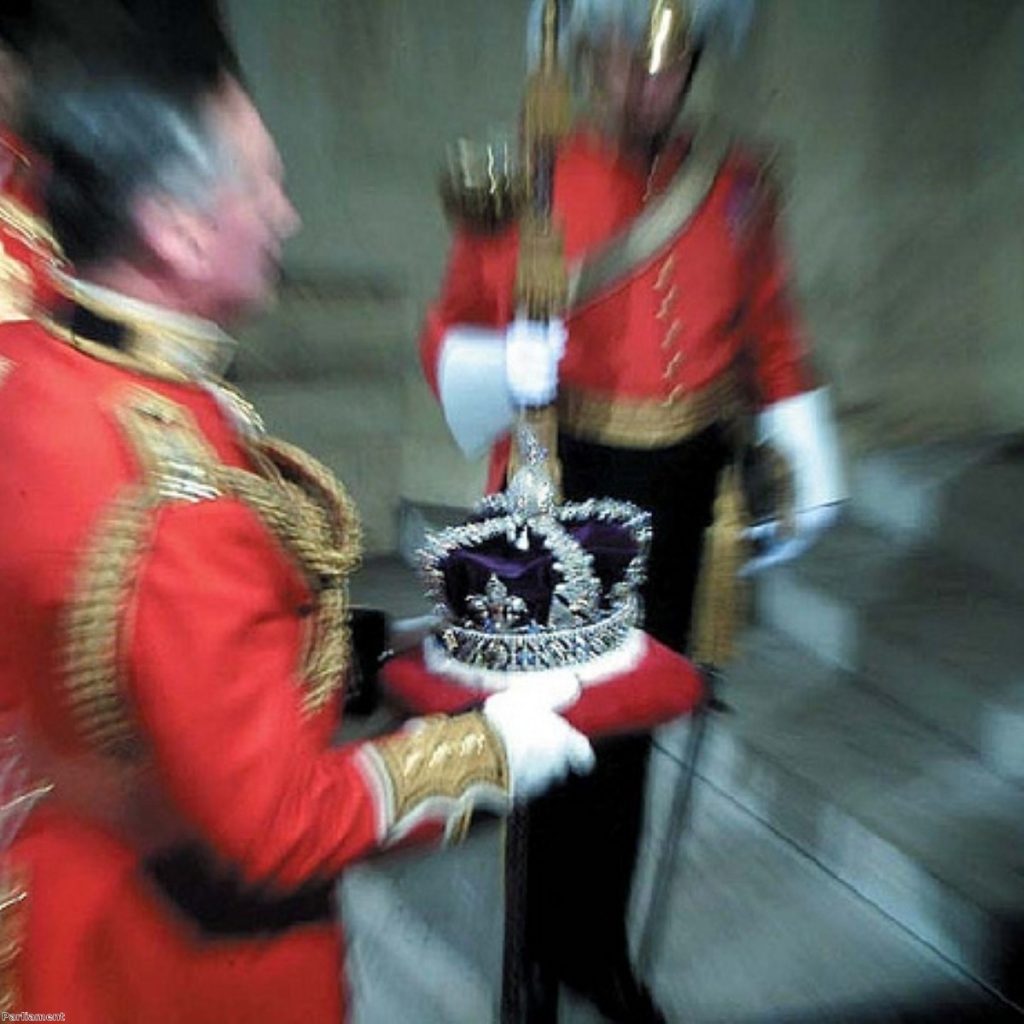Royal succession: Can a gay monarch’s child take the throne?
MPs are being urged to consider what would happen if a gay king or queen had a child through artificial insemination or adoption.
Labour MP Paul Flynn is tabling an amendment to the succession to the crown bill which would allow the child of a monarch in a civil union to become heir to the throne – even if they do not share the same royal bloodline.
That move is likely to outrage many MPs, but Flynn insisted it was a merely another parliamentary reform to succession rules.
"Many MPs become infantilised when the monarchy is mentioned," he told politics.co.uk.
"They behave like a nursery class when Father Christmas arrives. They debase themselves before him."
"Part of the mystique is the bloodline," he added.
"The rules of success aren't written by God on tablets of stone. They are changeable. Parliament will change them. If it can change one, it can change the others."
Flynn also demanded a referendum on the future of the monarchy once the Queen dies.
"There are doubts about Charles being a suitable monarch because he's so free about giving his opinions," he said.
"So I think we should have a referendum on whether we have Charles, William or another person. This is in line with modern law."
His is one of a host of thought-provoking amendments to the bill, including one from Tory MP Jacob Ress-Mogg, who wants to allow Catholics to become monarch.
Such a move would be a massive change for the monarchy, because the king or queen is also head of the Church of England and because Catholics ultimately owe their allegiance to the pope.
The Tory MP suggested transferring the role of head of the church to a regent under the terms of the Regency Act 1937.
None of the amendments are likely to succeed, however, because of the fraught negotiations with other Commonwealth countries which have to be finalised before there can be any change to the constitutional arrangements around the monarchy.
The succession to the crown bill, which will be debated tomorrow, has taken years to finalise. It ends the priority given to male heirs, so an elder sister would have priority over a younger male sibling.
It also allows heirs to the throne to marry a Catholic and ends the requirement for most members of the royal family to obtain permission from the Queen before marrying.





-01.png)